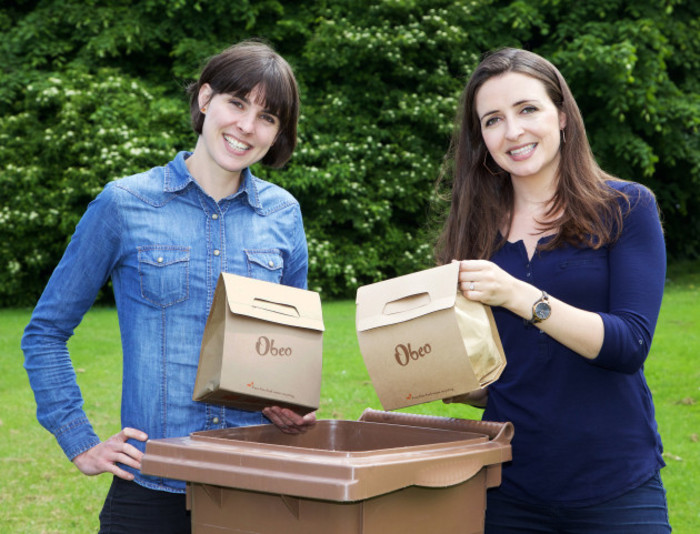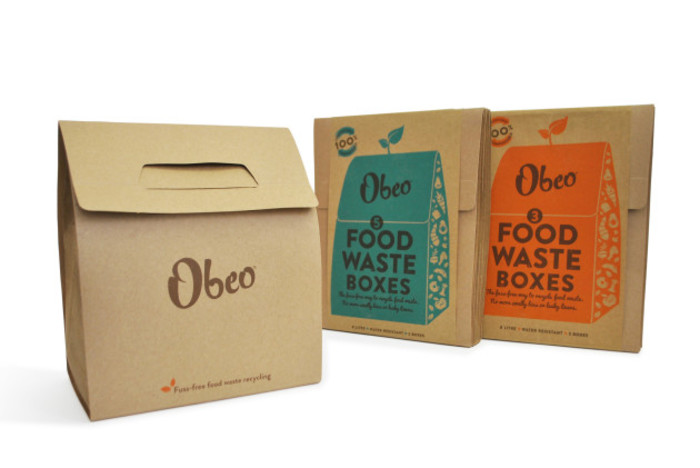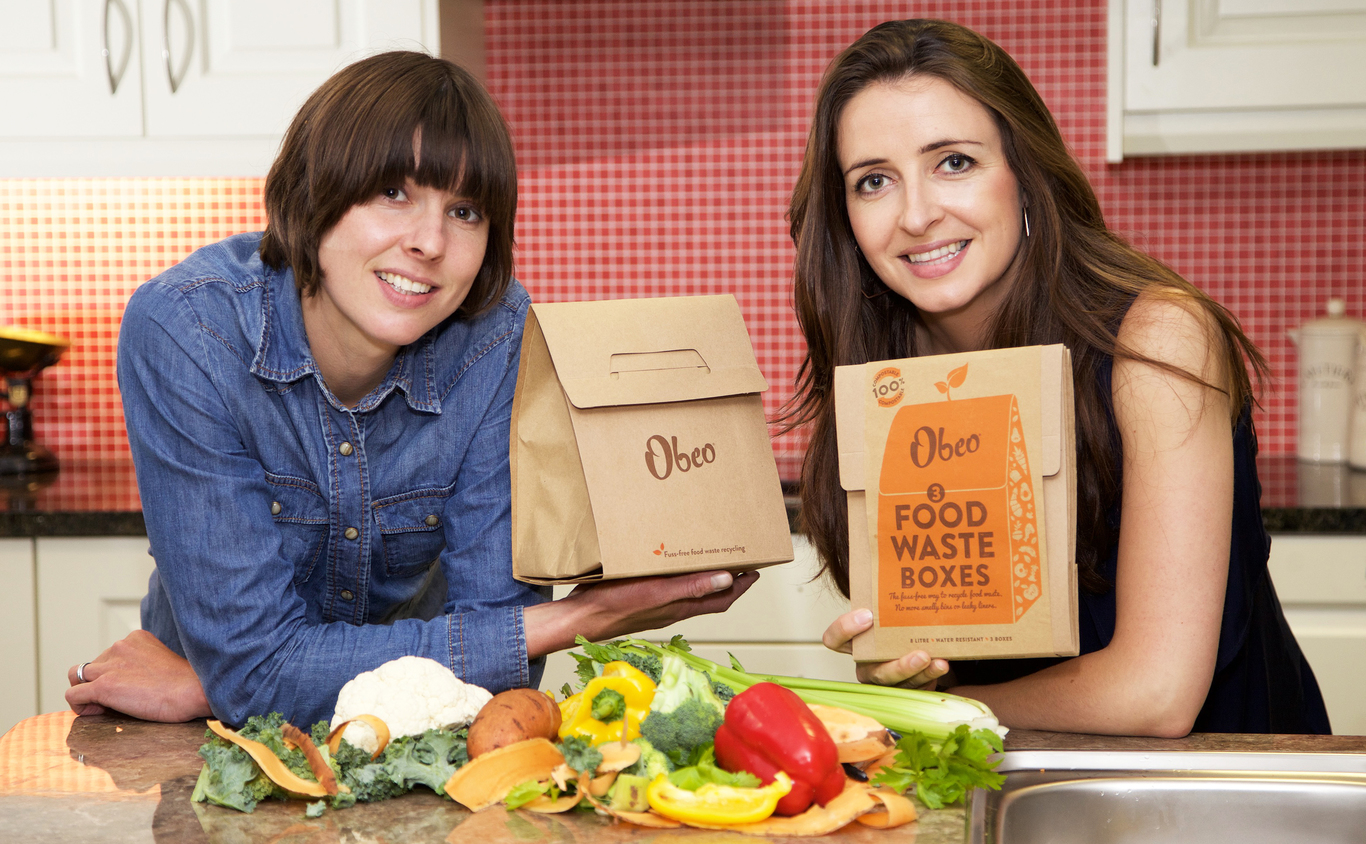'It was an easy decision to set up my own business because I had no choice - I needed a job'
This founder started her first company in the depths of the recession out of necessity.
I’VE ALWAYS BEEN a product designer – since I graduated from the National College of Art and Design and then moved to London to pursue the career.
I worked as a packaging designer for about two and a half years over there, and it involved creating a lot of bespoke packaging for mobile phone and food companies.
But I became slightly disillusioned with how much waste was going into the world, and I ended up leaving.
The height of it came when I was asked to design a large package for a really tiny USB. The whole process of designing packaging that contained even more packaging to hold a tiny little flash drive all seemed so wasteful.
I left London and came back to Ireland around 2009 when the country was in the depths of the recession and, because I couldn’t get a job, I started a company called Klickity that did homeware and giftware. It was pretty successful and we sold into Kilkenny Designs and Arnotts.
I also did a masters in design sustainability at the time for a bit of an unconventional reason – to become an entrepreneur and set up my own business.
I didn’t want to just come out of the course with a thesis, I wanted a robust business proposition and that’s where Obeo, the food waste recycling box, came from.
 Obeo co-founders Kate Purcell (left) and Elizabeth Fingleton
Obeo co-founders Kate Purcell (left) and Elizabeth Fingleton
From scratch
I was very aware from the start that I was a product designer with a certain skill set but that when it came to business acumen I was seriously lacking.
Through a friend, I found my eventual co-founder Liz. She was a chartered accountant with KPMG and quit because, like myself, she was a bit disillusioned and wanted to get into the creative industry.
I think that is why myself and Liz fit so well. It’s always been me focusing on how to get this product to market and Liz figuring out if financially this is a viable thing to do. Our skill sets rarely overlap.
I know it might sound a bit cheesy, but I like the idea of building something from scratch. But I probably would never have had the guts to do it if I had a job.
So, although it was daunting, it was also an easy decision to set up my own business because I had no choice, I needed a job.
I’m proud of how it has all unfolded so far and of the fact there is nothing like Obeo on the market, but it hasn’t been a journey without hiccups along the way.
Funding dilemma
Getting finance has been a big hurdle. In a way, we were lucky at the start because when I finished my masters, Enterprise Ireland spotted my research and recommended I apply for the commercialisation grant. That gave us a massive chunk of change to get a product ready for market.
It also meant myself and Liz were able to be employed full-time for a year to focus on finding manufacturers and getting the product ready. We managed to get in with Dunnes Stores and they were willing to put it in shops nationwide, but we had no idea how we were going to fund the production run.

We ended up putting in both our life savings and had to scrounge another bit of money to get the product on the shelves, which then led to another deal with SuperValu.
But now we had a limited amount of stock, and we weren’t yet in a profit-making position because our volumes were so low, which is usual with a product-based startup.
We got the Competitive Start Fund from Enterprise Ireland to keep us going for a bit and did the DCU Ryan Academy programme, which gave us enough runway for six to nine months.
That kept us above water a teeny bit longer again, but we knew we needed seed funding to really allow us to grow the company.
Down to the wire
It took a year of talking to investors to pull that finance together and it was all very much down to the wire.
We started to look for the money at the start of 2015. We went everywhere to find it, trying all the syndicates. and eventually we received backing from a seed fund in the UK and two of the Ryan Academy investors, which was then matched by Enterprise Ireland.
You’re always on the back foot when out looking for funding. As a founder, you see a deadline that the company needs money by in order to survive, but the investors are not under the same pressure and they can make the investment whenever they choose.
During those times with limited finance, the business is effectively getting by on a day-to-day basis and it’s tough to live that way.
At the start of the journey there were times when myself and Liz couldn’t afford to pay ourselves, and we still take a modest salary. As an entrepreneur, it’s something you get used to though, because you have to.
We’ve been on the market two years now and it’s nice to be producing something that actually does some good for the environment by helping people to recycle their food waste.
The tough times have by no means scared us off, if anything we’re really excited at the prospect of starting to export and grow the business even more. We have a team of four now and are busy working on new products to add to our range so we can grow Obeo as a brand and not just be a one-product company.
Through all the ups and downs, I’m still really glad I took the leap.
Kate Purcell is the co-founder of Obeo. This article was written in conversation with Killian Woods as part of a series on unlikely entrepreneurs.
If you want to share your opinion, advice or story, email opinion@fora.ie.






